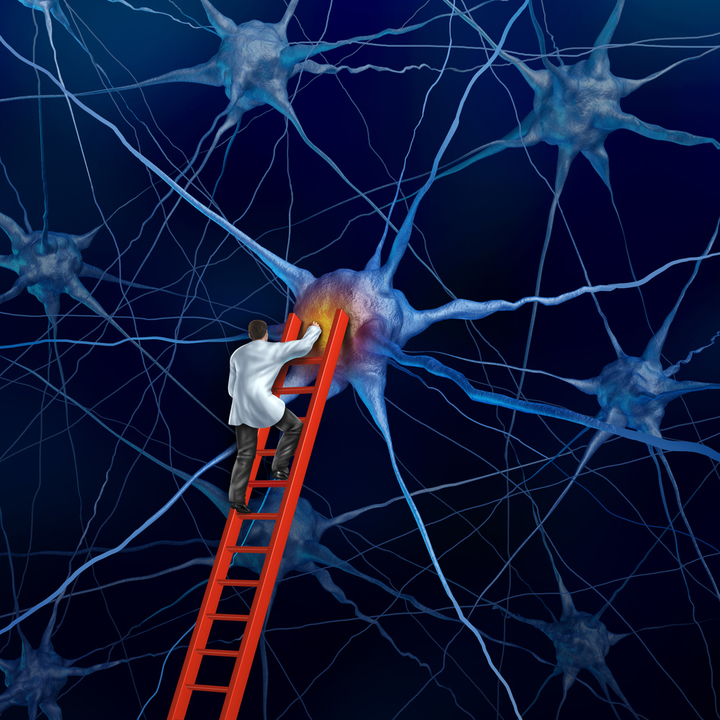glutamatergic agents, which bolster inhibitory control; medications like Chantix, which have been shown to improve attention and memory in smokers that have remained abstinent; and certain stimulants that have shown to improve cognition.
Researchers also proposed several interventions with the potential to improve cognitive functions that didn’t require medication. There has been evidence that magnetic stimulation — shown to improve Parkinson’s disease symptoms and reduce depression — could reduce reactivity of cues and attentional biases in substance use disorders. Preclinical research into deep brain stimulation, which is a more invasive non-medical treatment, has shown that it might be useful in treating substance use disorders. Exercise has also shown to improve memory and alter craving cues.
Data from animal tests have shown that exercise can reduce cocaine and opioid self-administration, and researchers suggested that exercise can facilitate the extinction of drug-seeking behaviors.
Other cognitive training programs during addiction recovery that could strengthen cognitive functions included cognitive enhancement therapy (CET), which requires a patient to perform cognitive exercises on a regular basis during treatment, and cognitive bias modification (CBM), which trains a patient to move their attention away from cues associated with drugs.
Researchers concluded that combining behavioral therapy and agents that enhance cognitive functions could create “the best possible chance of effecting a behavioral change.”
















